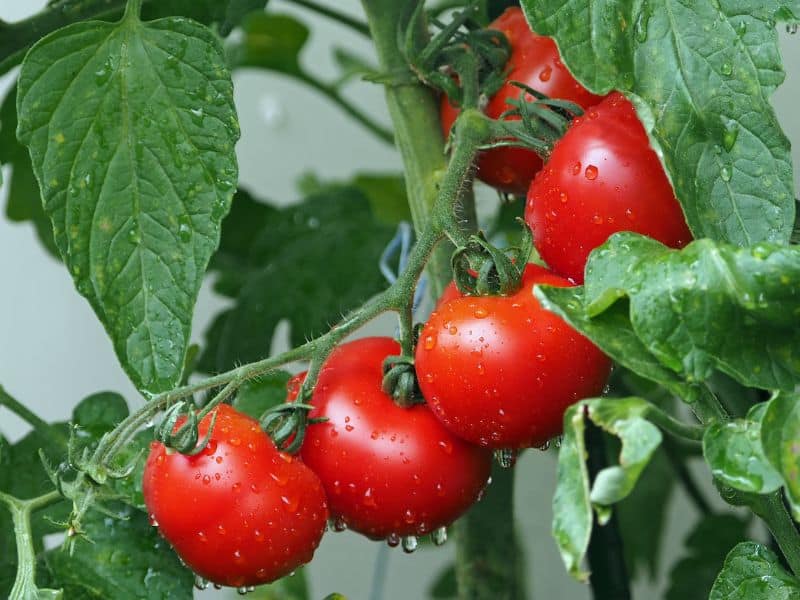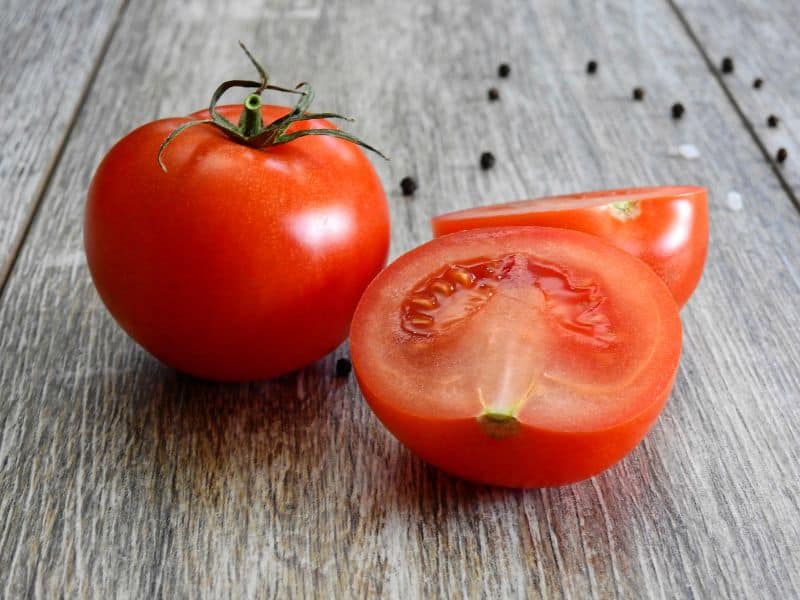The Tomato: Fruit or Vegetable?

In our daily lives, we often face the task of classifying the foods we eat. One of the most enigmatic remains the tomato. Discussions about it often move from the kitchen to the science lab and even to the courtroom. But what is the truth about this popular “vegetable” which is actually… a fruit?
The Botanical View: The Tomato as a Fruit
Botanically, the tomato is clearly defined as a fruit. It originates from the fertilized part of the flower of the tomato plant and contains seeds. According to this definition, all parts of plants that develop seeds and originate from the base of the flower are fruits. This definition includes not only tomatoes but also other foods commonly considered vegetables, such as cucumbers, zucchinis, and even avocados.
Culinary Classification: The Tomato in the Kitchen
In culinary terms, the tomato is used in a way more characteristic of vegetables. It is a staple in salads, sauces, and dishes where it adds freshness and acidity, which are more typical for vegetables. In most cuisines around the world, the tomato is integrated as a vegetable due to its versatility and ability to blend with savory and spicy flavors.
Salad with tomato: Tomato and cucumber salad
The Legal Case: The Tomato in the Courtroom
An interesting episode in the history of the tomato is the case of Nix v. Hedden in 1893 in the United States. The question was whether tomatoes should be taxed as vegetables or fruits, considering that the legislation at the time imposed higher tariffs on imported vegetables. The Supreme Court decided that despite its botanical qualities, the tomato is used in the kitchen as a vegetable and therefore is subject to taxation as such.
Is the tomato a fruit or a vegetable? Botanically, the answer is clear: it is a fruit. But in cooking, traditions, and even laws prefer to classify it as a vegetable. This duality makes the tomato not only a delicious addition to our menu but also a perpetual subject of discussion and reflection. So, the next time you slice a tomato for your salad or sauce, think about its complex nature and the many roles it plays both in our dishes and in our culture.

